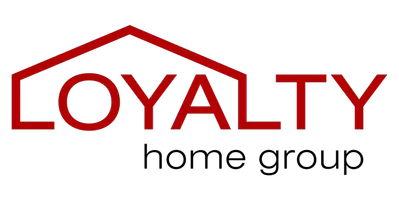NRMLA’s Steve Irwin on political change and the 2025 HECM limit
The reverse mortgage industry has had an eventful year, and the National Reverse Mortgage Lenders Association (NRMLA) stands ready for yet another year of change according to Steve Irwin, its president. With political changes on the horizon, debate about some core Home Equity Conversion Mortgage (HECM) program attributes and work to be done, Irwin sat down with HousingWire’s Reverse Mortgage Daily (RMD) to discuss these and other major industry topics.
Change is something of a constant in the world of politics, and because the HECM program represents a public/private partnership, there will be new stewards of the program stepping into their roles in the next month. We talk about this, recent changes to the HECM limit for 2025 and more in this part of RMD’s interview.
Political change is coming, but housing is bipartisan
“There is a change in administration, and a change in control of the House of Representatives and the Senate coming,” he said. “But as I’ve said before, housing issues run deep, and they cut across party lines. We know that part of the Republican Party’s published platform is a desire to support policies that help seniors remain in their home and maintain financial security.”
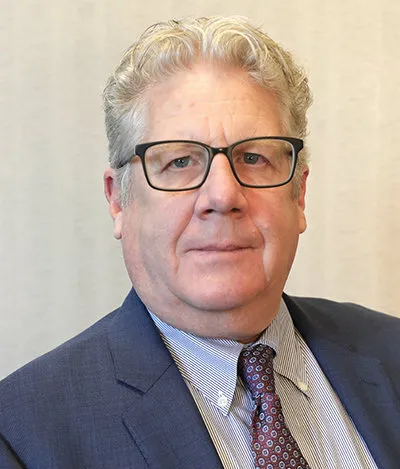
A reason Irwin is optimistic about what that could mean for the HECM program is because that also fits its broader goals in serving older Americans, he explained.
“For the right individuals at the right time and under the right circumstances, that is the FHA-insured HECM program,” he said. “NRMLA has always remained close and developed relationships on Capitol Hill on both sides of the aisle, and we will continue to do so with this change.”
One particular change that Irwin is watching is the change in leadership on the Senate Banking Committee, and the association will seek to strengthen key relationships. In fact, that work has already begun, he said.
“I’ve already had two meetings on Capitol Hill on the HECM program,” he said. “With those meetings, I’m intending to ensure continued support for this critically important program, and it’s by all accounts there.”
The 2025 HECM limit
In November, the Federal Housing Administration (FHA) announced that the HECM limit for 2025 would rise to more than $1.2 million, and some industry professionals have debated the utility of a limit rising that high. But Irwin says that recognizing increases in home-price appreciation and the adjustments that brings to government lending programs should naturally include the HECM.
“We’ve been talking about home-price appreciation and its contribution to the soundness of this program,” he said. “It’s a fact that appreciation remains positive. It may be moderating, but people’s home values are increasing, and it just makes sense that those older homeowners on the higher end of the value spectrum should be able to [access that equity]. You know that this limit — which is really a claim amount, but becomes a lending limit — it just makes sense to me that It would increase again.”
How much further it can go up is hard to say, because at that point it becomes a risk evaluation for HUD and FHA, he said.
“But I am glad to see that as people’s homes appreciate, that they’ll be able to take advantage of that much more of their home value as they’re evaluated for qualification of the loan.”
Potential HECM program changes
Political changes could also come with new priorities for managing the HECM program. At the end of the first Trump administration, for instance, the administration floated the idea of reinstituting regional lending limits for HECM as well as eliminating HECM-to-HECM refinance transactions.
Regional lending limits seem to come up often as a discussed HECM program reform, despite the fact that NRMLA has long argued that regional loan limits for the HECM program are not appropriate. Both the first Trump and Biden administrations sought to propose reinstituting them. The industry, with NRMLA playing a leading role, successfully lobbied for a national loan limit for the HECM program in the mid-2000s.
Irwin reiterated NRMLA’s opposition to such a plan.
“Regional loan limits for the HECM program is something we will absolutely oppose,” he said, should the proposal re-emerge in a second Trump administration. “The cost of durable goods and home repair or modification so that an older homeowner might effectively age in place is the same wherever you live.”
Regional limits, Irwin argues, is a forward mortgage concept “because of different higher-priced areas around the country,” he said. “A senior living on fixed income faces expenses that don’t adjust regionally, and there’s no reason for a regional loan limit for this program. I don’t see it going anywhere, but absolutely we would have to oppose that and educate lawmakers about why we maintain our position.”
If the Trump administration revives a proposal to eliminate HECM-to-HECM refis, Irwin said that is also something the association couldn’t support.
“Why should any administration oppose the choice of a consumer to take advantage of additional equity that might be available, or lower interest rates?” Irwin asked rhetorically. “That limits borrowing power, and I don’t know if that’s doable. That being said, I do think that there are opportunities to re-examine the initial mortgage insurance premium (MIP) structure on refinance activity, absolutely, and I look forward to having those conversations with HUD.”
Recent Posts
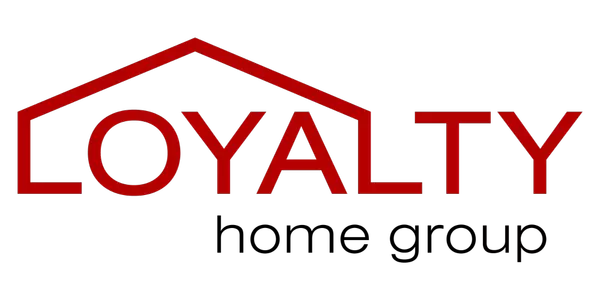






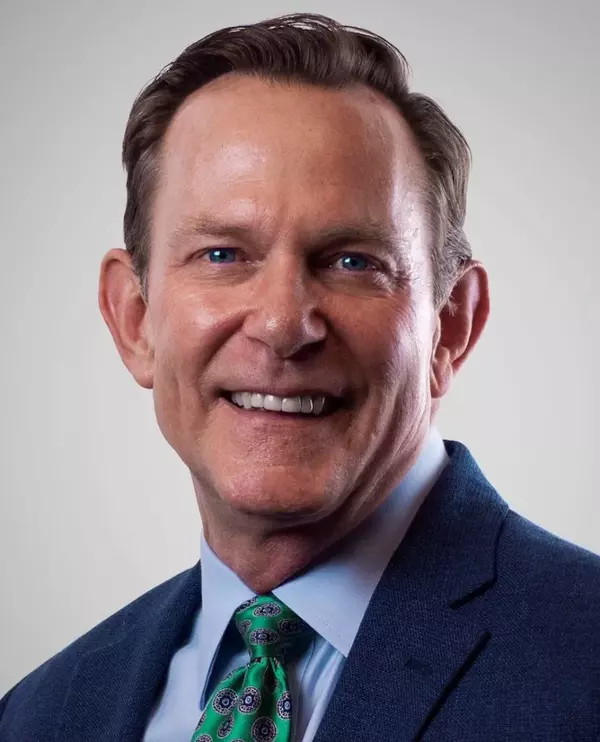


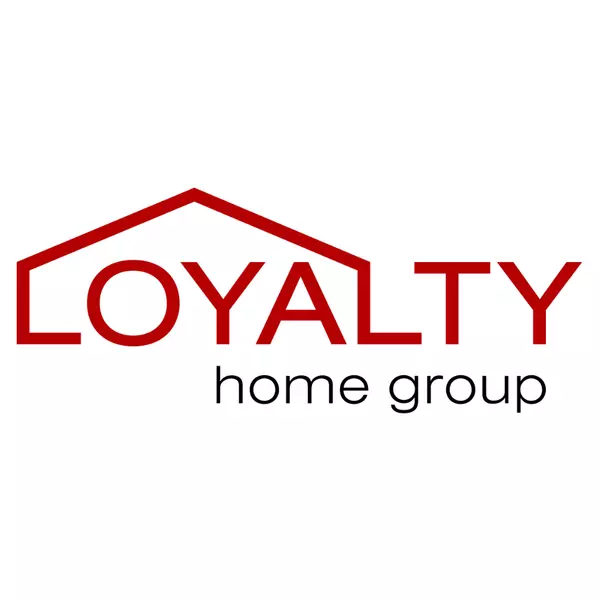
GET MORE INFORMATION
